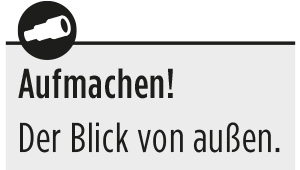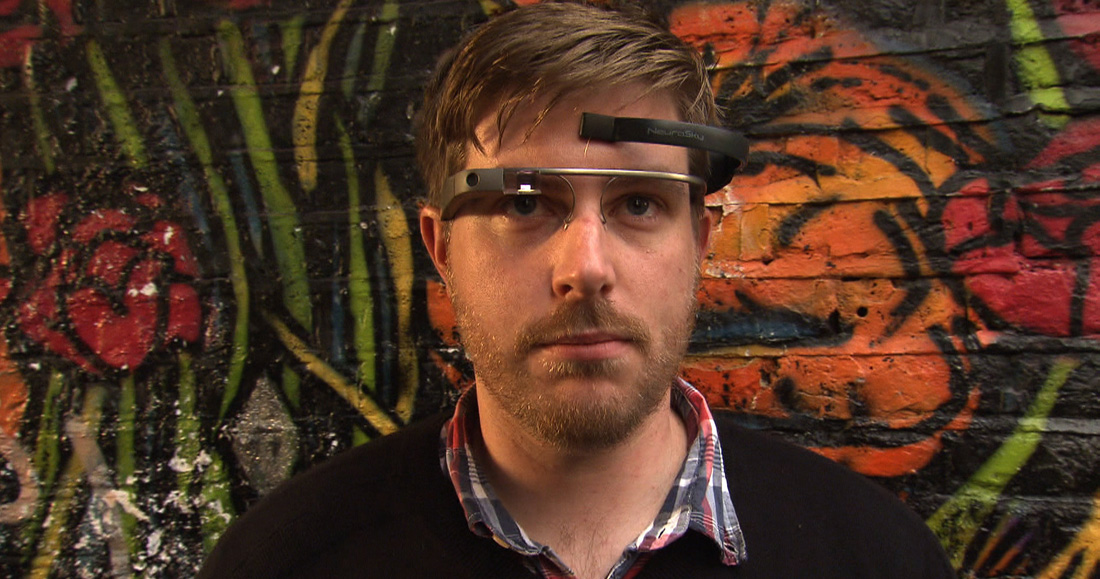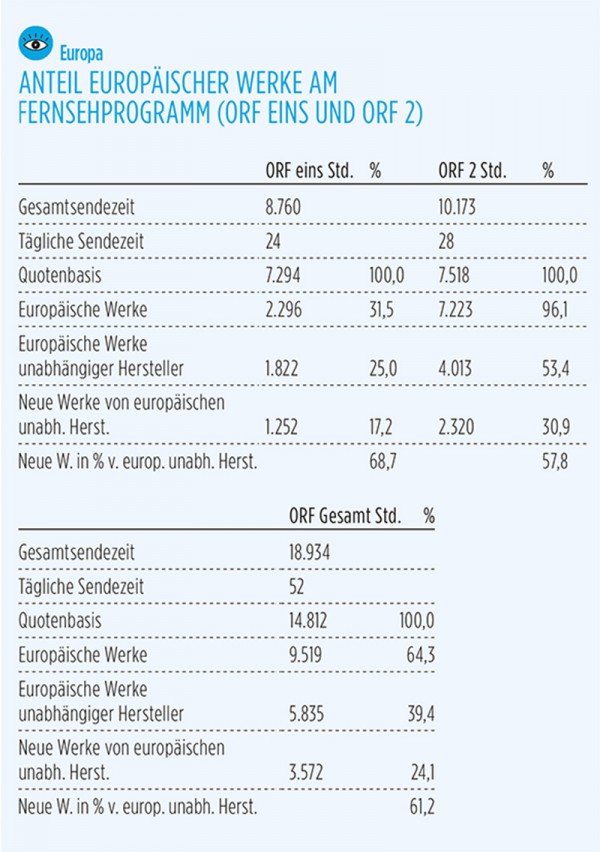
After summing up all kinds of disaster and crises in his famous song »Sign O the times«, Prince concludes with this line in the refrain: »But some say a man ain't happy unless a man truly dies«. I would say that outside the world of art and music, one should be careful with dramatic words. Like the word crisis.
But it is fair to say that more and more observors with a professional distance to recent developments are openly talking and writing about a European crisis of a fundamental nature, not just a hick up in time. On the surface we see the more visible and dramatic signs of this crisis in our news. The daily reports on issues like regional tensions, economic ups-and-downs, migration, refugees, racism, sexism, inequality, unemployment.
These observers point at underlying fundamental issues, like contradicting values, eroding trust in institutions, growing fragmentation and polarisation, the widening gaps between high and low educated, rich and poor. It is also fair to say that within the family of public service broadcasters many are under such pressure for years now, that it feels like a crisis of a more fundamental nature.
The most visible signs of course being budget cuts and restrictive rules. Many EBU members experience this, in all corners of Europe. From Greece and Rumania to Holland and Iceland.
Also here we can see underlying fundamental trends. The emergence of the networked society, the shift to digital, the growing competition, the fragmentation in audience behavior. Public service broadcasting is a »product« of the welfare state, a concept that is challenged nowadays. In many countries public service broadcasters are perceived as part of the institutions, not escaping from the general erosion of trust.
Two years ago the EBU published the report VISION 2020, a strategic survey into the future of public service media in Europe (www.ebu.ch). It also provided for recommendations, giving direction to the step by step transformation of public service broadcasters into networked companies, fit for the digital age. These recommendations were in fact a coproduction of many EBU members, that adopted similar strategies.
In the two years after publication the recommendations did not loose their relevance. But the urgency to act, to walk the talk, to transform and re-invent, grew considerably. First of all, because in many countries the digital shift is actually taking place (say no more). Secondly, and more fundamental, the aforementioned underlying trends of the crisis in Europe and in public broadcasters become more apparent. The good news is that more than ever we are in need of modern networked public service media. At least that is what I'm strongly convinced about.
The bad news is that at the same time the legitimacy of present public service media is questioned more than ever; the raison d'être is not self evident anymore. Vision 2020 supports the idea that we must shift our focus: From looking at regulators to protect us, to creating impact. To be more meaningful for the society as a whole, for individuals and for all those organisations delivering public value.
This shift has fundamental implications on the nature of public service broadcasters. We talk about a transition on many levels:
- From an emphasis on PSM as »deliverer« to a two-way approach that fosters dialogue and interaction.
- From »one« to »many«, to more personalised services that satisfy a wider range of needs of varied quality to a diversified society.
- From a closed, or fortress-like institution to one which is open and connected to networks of people, communities, and civic society.
- From exclusive, professional production, to co-creation, curation, sharing and partnerships with the creative industry; - From a focus on law and institutions as the main sources of legitimacy, to engagement with the audience - amid the knowledge that, in the end, legitimacy always needs to be »institutionalised« in regulations and public funding;
- From a corporate culture based on control, to a networked organisation, open, agile, flexible, diverse and service oriented. The EBU started last year the project Contribution to Society, a follow up of Vision 2020. The results of impact research should help us in setting priorities in our programs and channels. Essential in times where being universal will be more and more defined by delivering a range of services on many platforms to a multitude of different communities. The results should also help us in making the case for public service media and create new narratives about the role in a changing Europe. Impact research is to a large extent new territory for public service media, it will take time and effort to develop this. It goes far beyond traditional audience research, such as market shares, appreciation figures and perception research (»Did you learn something?«). A group of EBU members, amongst which ORF is one of the front runners, is sharing knowledge and experiences on methods and communication.
We can learn from a number of organisations outside public service media, who already took some steps in this territory. Not everything can be measured, nor should be measured. Avoid drowning in data, by focussing on the big issues: Where do we want to make a difference with our programs and for whom?
Coming back on the theme of public service broadcasting in crisis: Media companies do not stand out when it comes to transformation, let alone public media companies. It is urgent that we read the signs of the times and speed up change. We have a compass and the direction is set.
Der Autor Ruurd Bierman ist Projektmanager des EBU-Projekts »Vision 2020«. Er agiert als Fachberater für die EBU und für verschiedene europäische Public-Media-Organisationen.


